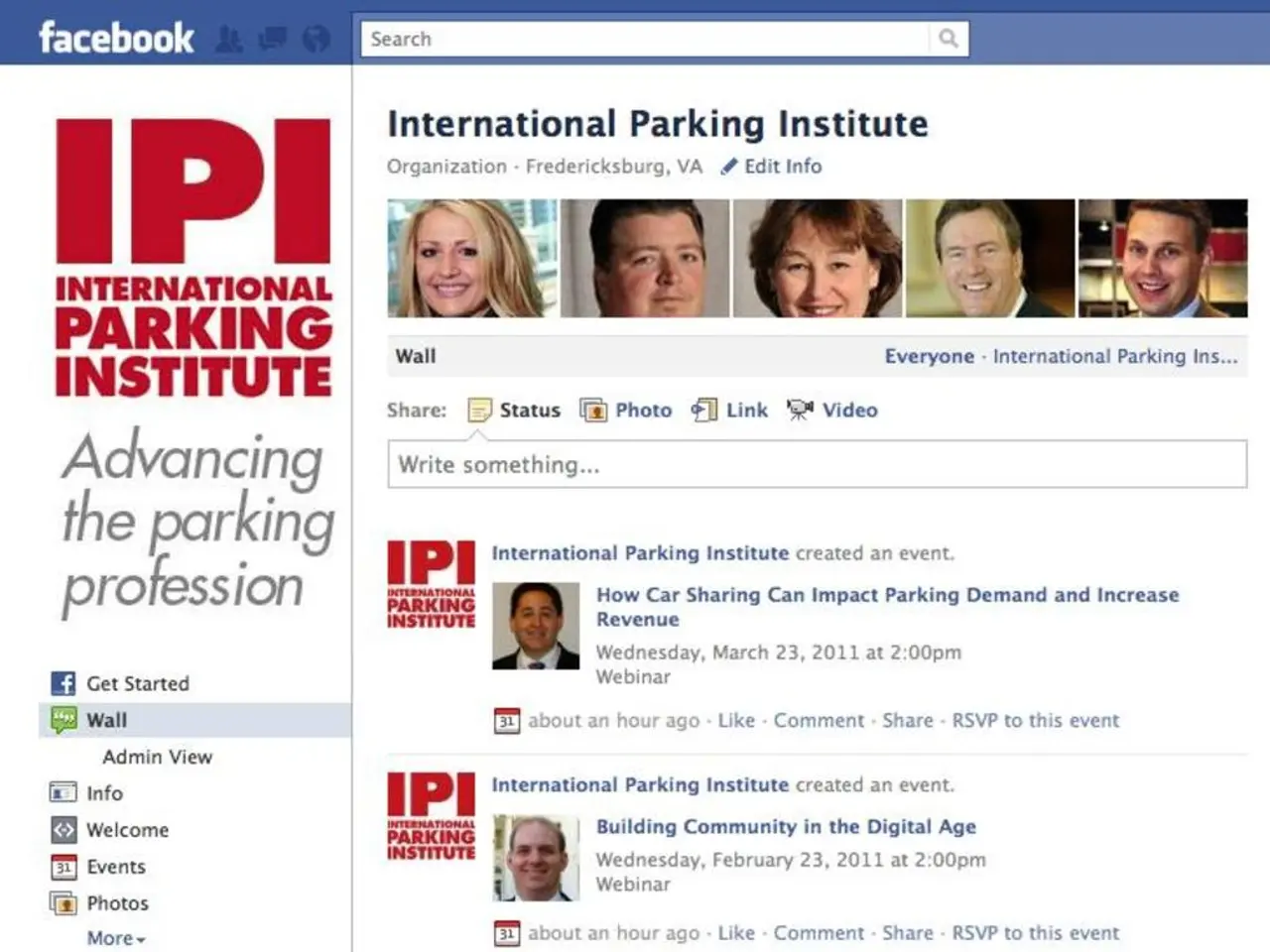Understanding the Traits of Generation Z, a Comprehensive Guide to Zoomers
A New Generation Takes the Stage: Gen Z and Their Unique Characteristics
In the ever-evolving landscape of society, a new generation has emerged, shaping the world with their unique characteristics and values. Born between 1997 and 2012, Generation Z, or Gen Z, are true digital natives, having grown up immersed in the internet, smartphones, and social media.
Unlike their Millennial predecessors who experienced the internet’s rise, Gen Z consumes fast-paced visual content, favouring platforms like TikTok over Facebook or Instagram. This shapes their communication as more visual and immediate.
One of the key differences between Gen Z and previous generations, notably Millennials and Gen X, in their characteristics, values, and habits, arises primarily from their unique upbringing in a fully digital, socially complex, and economically uncertain world.
Digital Natives
Gen Z's digital nativity is evident in their comfort with technology and their preference for visual and instant communication. This digital immersion has led to a generation that is flexible and adaptable, quickly adopting new technologies and platforms to connect, create, and learn.
Mental Health Awareness
Gen Z is more open about mental health struggles and actively normalizes conversations around it, seeking workplaces and environments with mental health support. This contrasts with older generations like Gen X, who faced a more stoic cultural approach.
Work Preferences
Gen Z values work-life balance, flexible schedules, inclusivity, and purpose-driven careers but also craves personalized, authentic experiences and instant feedback at work. Compared with Millennials, who also seek flexible and meaningful work, Gen Z has a stronger emphasis on mental health support and hybrid work models. Compared to Gen X’s tougher, more traditional work ethic, Gen Z tends to be characterized by a more entrepreneurial mindset but also a perceived fragility and lower patience for hierarchical rigidities.
Social Values
Gen Z highly values diversity, inclusion, and social justice, embodying activism around these issues more intensively than previous generations. This builds on Millennials’ social awareness but is more pronounced and effective due to Gen Z’s comfort with online activism and digital organizing.
Comparison Table
| Aspect | Generation Z | Millennials | Gen X | |----------------------|---------------------------------|---------------------------------|--------------------------------| | Tech Exposure | Grew up fully immersed in digital, mobile, social media world from childhood | Witnessed rise of internet and social media | Experienced pre-digital childhood, adapted later | | Communication Style | Visual, fast-paced video content (TikTok) | Written communication, curated social media profiles (Facebook, Instagram) | More direct, face-to-face, traditional media | | Work Values | Work-life balance, mental health support, flexibility, authenticity, instant feedback | Flexibility, purpose-driven jobs, value alignment | Traditional work ethic, resilience, long-term loyalty | | Social Values | Strong focus on diversity, inclusion, activism, mental health awareness | Socially aware, but less digitally organized activism | Less socially progressive compared to younger gens | | Emotional Outlook | More pessimistic/doomerism, anxiety around global issues | More optimistic, focused on opportunity | Pragmatic, resilient, self-reliant | | Identity | Fluid, customizable, rejecting masks | Some curated personas | More fixed, conventional identities |
In summary, Generation Z’s defining traits include deep digital nativity, mental health awareness, social justice commitment, preference for authenticity, and a pragmatic yet pessimistic worldview shaped by current global challenges. These contrast with Millennials’ digital adoption but less immersive experience and Gen X’s analog upbringing and traditional values.
Gen Z expects brands and employers to reflect their personal values in their actions. They are highly collaborative but not fans of rigid corporate hierarchies. Education for Gen Z is about problem solving, collaboration, and relevance, rather than rote memorization. Gen Z is also more open about mental health issues, helping to reduce stigma, but occurring during a time when youth mental health problems are on the rise.
- Gen Z's digital nativity is clearly shown in their comfort with a variety of technologies and their preference for instant, visual communication.
- In line with their mental health awareness, Gen Z seeks workplaces and environments that provide mental health support, a contrast from the more stoic cultural approach of older generations.
- When it comes to fashion-and-beauty, food-and-drink, personal-growth, shopping, travel, cars, pets, and relationships, Gen Z values authenticity, diversity, and customization, reflecting their unique upbringing and worldview.
- Education for Gen Z is not just about rote memorization, but problem-solving, collaboration, and relevance, as they strive for self-development and personal growth.
- gen Z's commitment to social justice is evident in their intense activism on issues such as diversity, inclusion, and mental health awareness, setting them apart from previous generations.
- Gen Z expects brands and employers to align with their personal values, and while they are highly collaborative, they show disdain for rigid corporate hierarchies.





